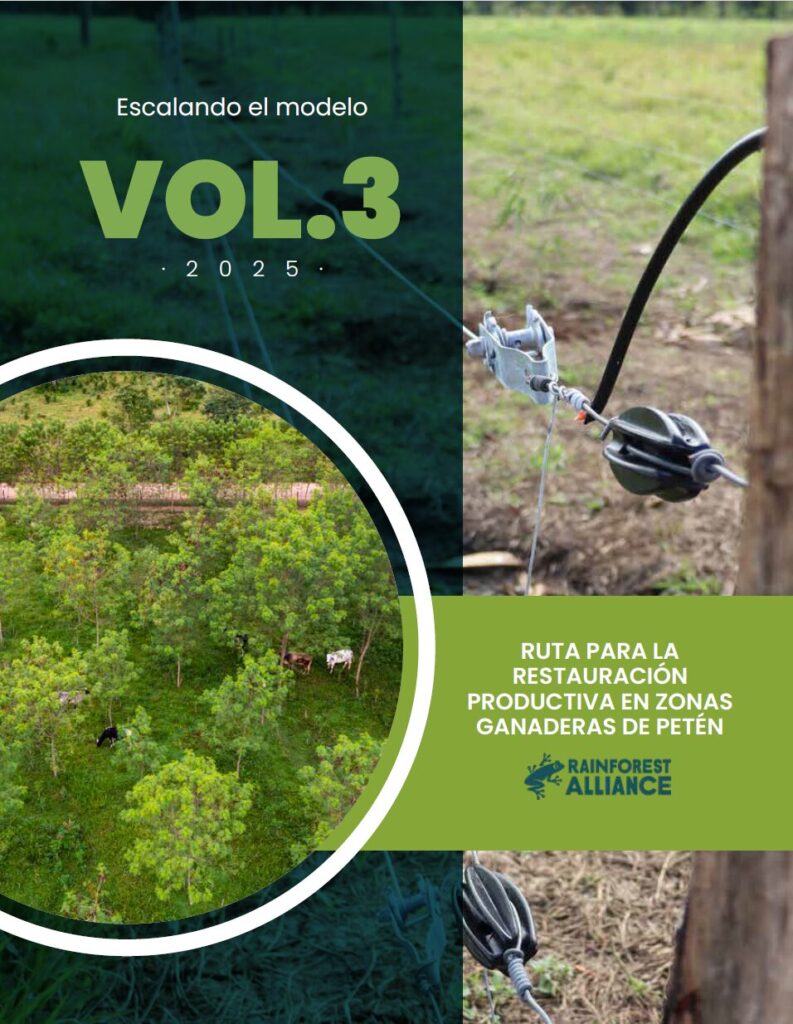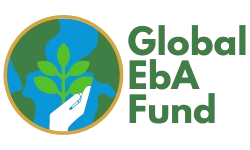Supporting Adaptation through Productive Landscape Restoration: From Farmers to Policies Implemented by Rainforest Alliance
Project Information
In collaboration with the School of Agriculture from the Universidad de San Carlos de Guatemala (FAUSAC), this project organized and consolidated information on the results of Productive Landscape Restoration (PLR) practices implemented by producers to support the creation of a guide aligning PLR with the Flores Municipality land use plan. This guide, officially endorsed by the municipal council, draws from practical experience and established administrative procedures for municipal land leasing. Outcomes from these processes were presented to departmental authorities and discussed with the local delegation of the Presidential Secretariat for Planning and Programming, facilitating the development of a proposal to scale up such PLR initiatives throughout the department. Building on these documented experiences, the project produced communication materials and conducted training sessions involving participants from additional municipalities. Notably, seven producers from El Chal played a proactive role, having already adopted improvement practices on their respective farms.
Project Achievements
1. Contribution to National Policy on Sustainable Livestock: The project supported the Ministry of Agriculture, along with other organizations, through the Sustainable Livestock Roundtable in delivering the Net-zero Deforestation Livestock Livestock Strategy.
2. Adoption of PLR Guidelines at Municipal Level: Secured approval and adoption of the Productive Landscape Restoration (PLR) Guidelines for municipal land leasing by the.
3. Capacity Building for PLR in Petén: Reached 383 participants from the Petén department through PLR awareness raising and training sessions.
4. Development of EbA-Oriented PLR Guidance for Instutitions: Designed guidelines for technical staff and decision makers to promote PLR as an ecosystem-based adaptation (EbA) approach.
5. Practical Guidance for Producers: Developed guidelines to support producers in implementing PLR activities.
Key Metrics
Flores Municipality, 2025
Methodological guide to promote productive landscape restoration in leased communal lands, municipality of Flores, Petén (SP)
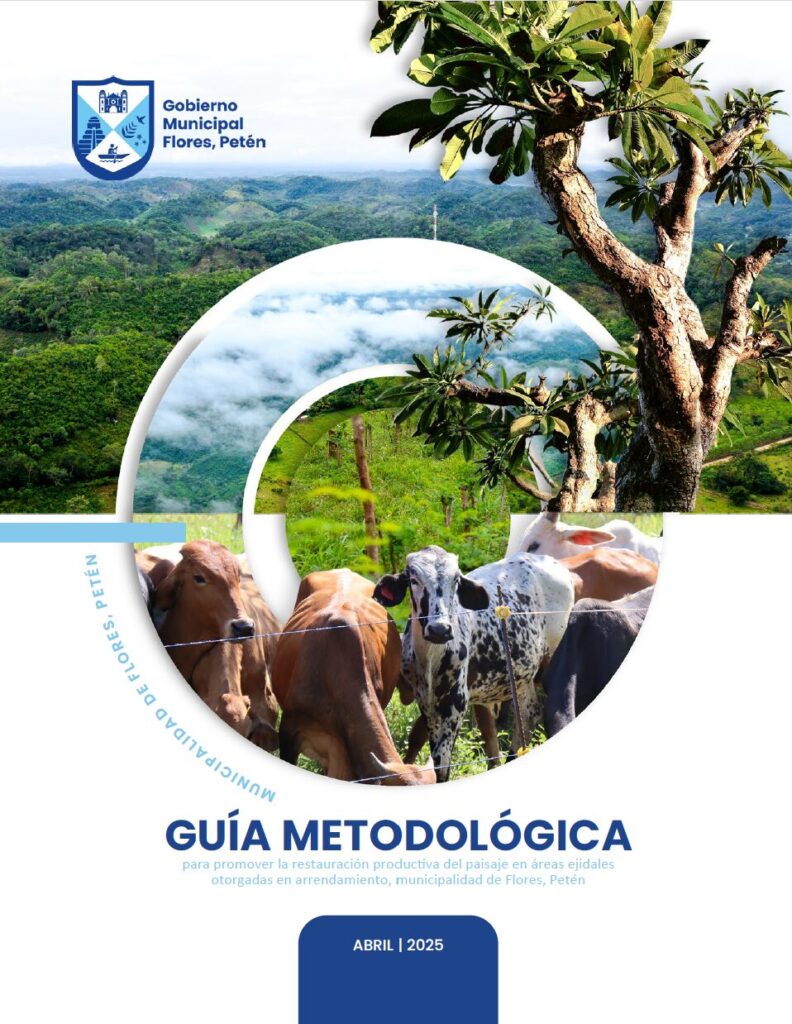
Rainforest Alliance, 2025
Regenerative livestock farming: Roadmap to productive landscape restoration (SP)
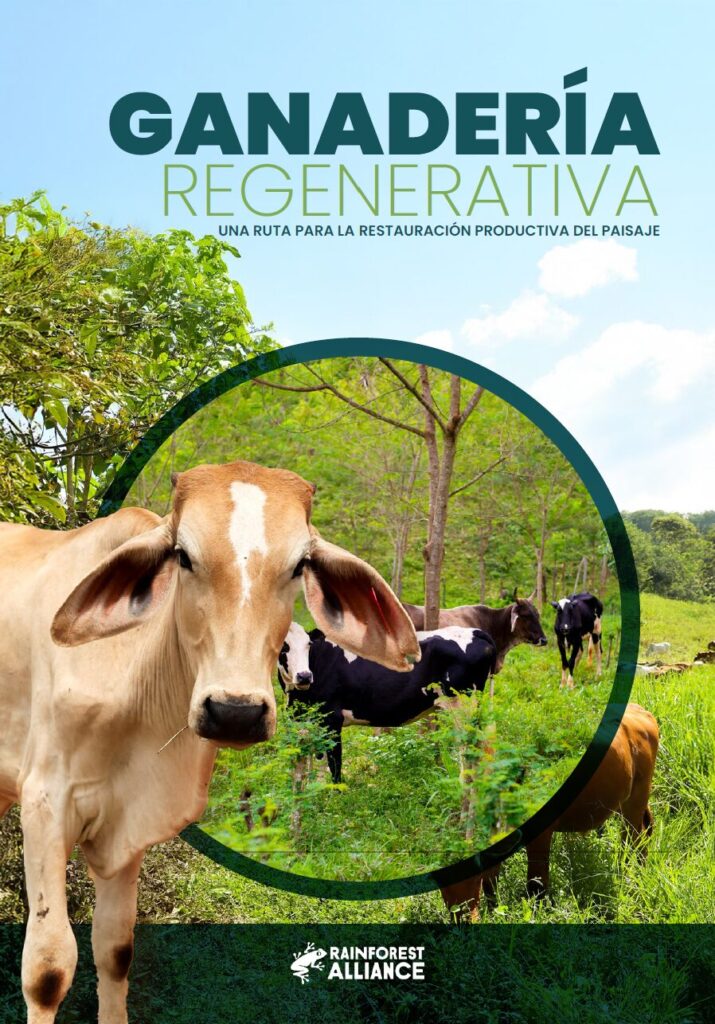
Rainforest Alliance, 2025
Roadmap to Productive Restoration in Livestock Areas of Petén: Background, Experiences, and Lessons Learned (SP)
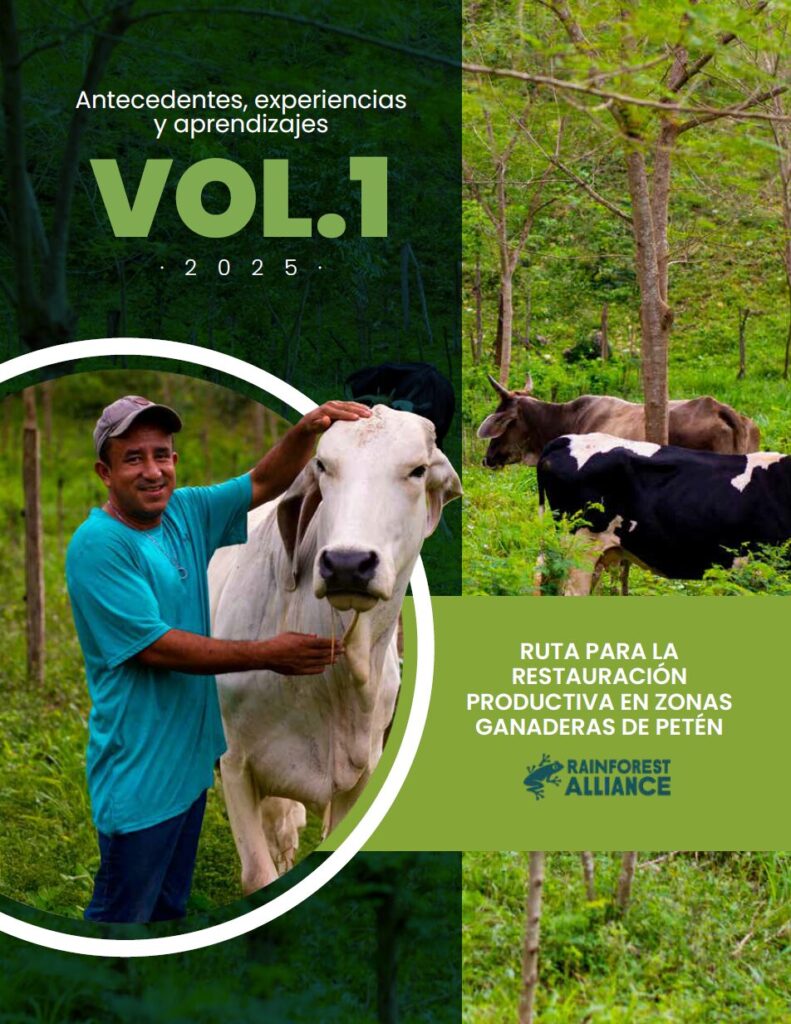
Rainforest Alliance, 2025
Roadmap for Productive Restoration in Livestock Areas of Petén: Problems, Solutions, and Implementation Guidelines (SP)
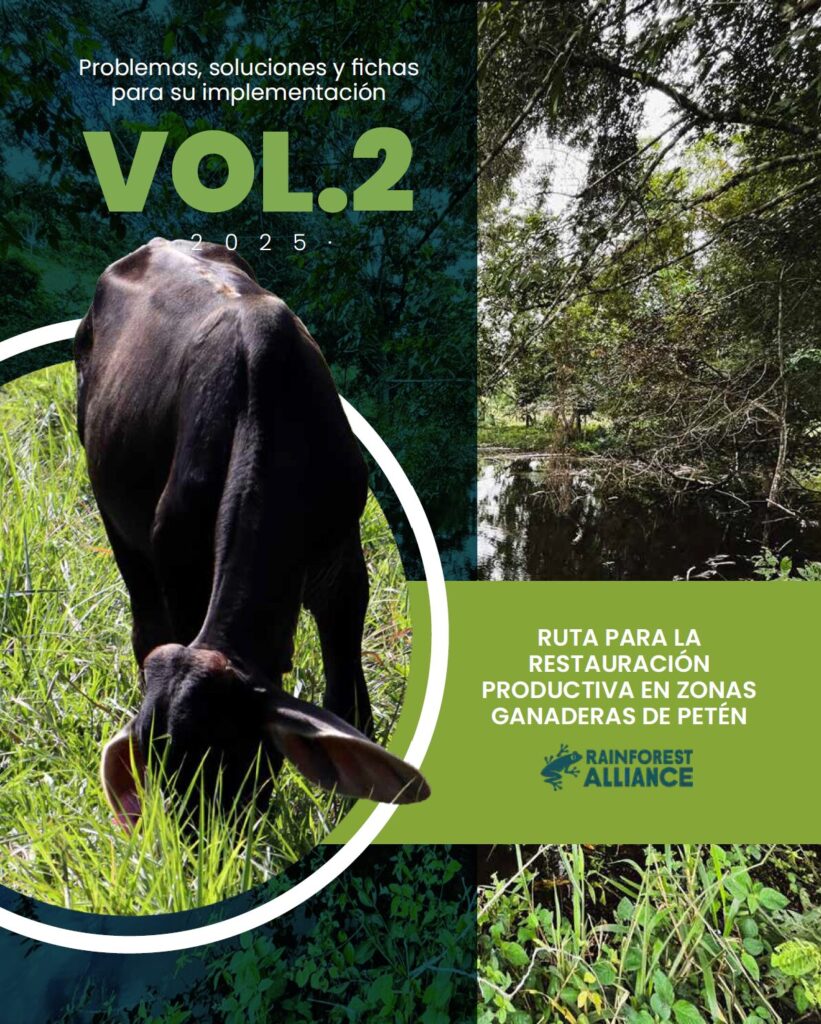
Rainforest Alliance, 2025
Roadmap to Productive Restoration in Livestock Areas of Petén: Scaling Up the Model (SP)
